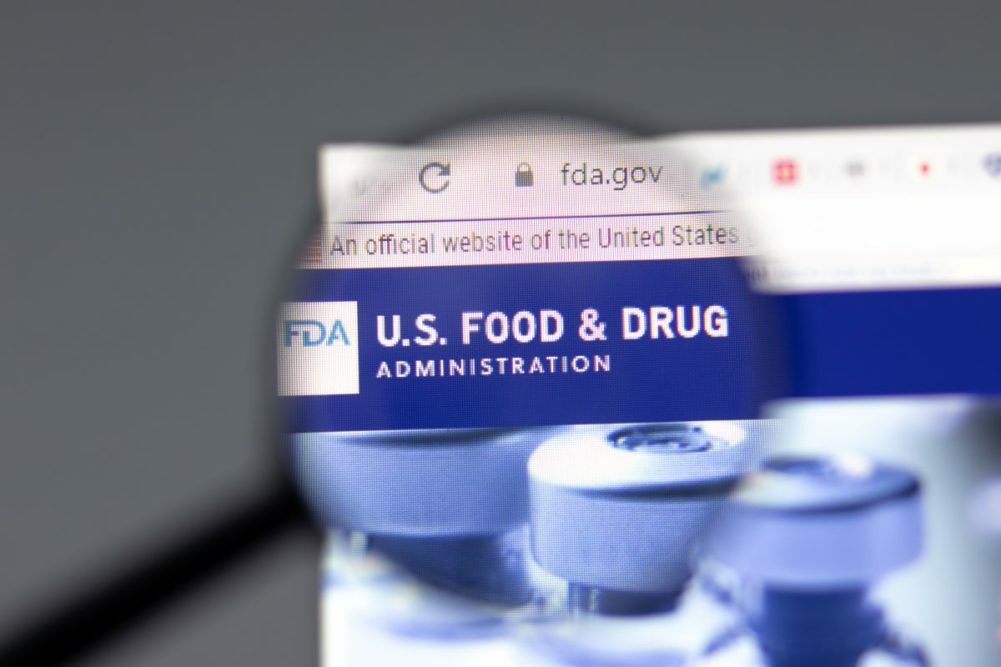 KANSAS CITY — The decision by the state of California to ban four ingredients beginning in 2027 sets a troubling precedent. The legislation undermines the authority of the Food and Drug Administration and the public’s confidence in the regulatory oversight and safety of the US food and beverage supply.
KANSAS CITY — The decision by the state of California to ban four ingredients beginning in 2027 sets a troubling precedent. The legislation undermines the authority of the Food and Drug Administration and the public’s confidence in the regulatory oversight and safety of the US food and beverage supply.
On Oct. 7, California Governor Gavin Newsom signed into state law Assembly Bill 418 that will ban the use of Red No. 3, brominated vegetable oil, potassium bromate and propylparaben. Red No. 3 is a colorant while brominated vegetable oil often is used in fruit-flavored beverages, according to the FDA. Potassium bromate is an oxidizing agent used as a food additive, mainly in the bread-making process, and propylparaben is used as a preservative in foods.
In his statement announcing the signing of the legislation, Mr. Newsom cited the fact other countries have banned or limited the use of the ingredients in food formulations as a justification for the state’s action. Left unsaid is in many of the countries the determination reflects a different approach to regulation and the fact ingredients must be proven safe to be approved for use. The threshold for the FDA is the ingredients must be safe under their intended conditions of use.
While a robust debate about which regulatory approach to food ingredient safety is best is always warranted, California’s chosen path for sparking that debate is less than ideal. Even more disturbing is a group like the Center for Science in the Public Interest expressing the hope the California legislation will inspire similar efforts around the country. If other states follow California’s lead, it may upend actual food safety regulatory work and further confuse consumers about the safety of some ingredients and the food and beverages that contain them.
The International Food Information Council’s (IFIC) 2023 Food and Health Survey shows that 69% of those surveyed are “very confident” or “somewhat confident” in the safety of the US food supply. Twenty-six percent said they were “not too confident” or “not at all confident,” and 4% were “not sure.” The fact that more than a quarter of those surveyed expressed misgivings about the safety of the US food supply is distressing given the $1.2 billion spent by the FDA on the food sector.
California’s legislation does nothing to help consumers better understand how the federal government ensures the safety of the nation’s food supply. Interestingly, in Mr. Newsom’s statement announcing the legislation becoming law he wrote, “Signing this into law is a positive step forward on these four food additives until the US Food and Drug Administration reviews and establishes national updated safety levels for these additives.” The implication is if the FDA publishes such updated safety levels, the legislation will be withdrawn. Yet there appears to be no mechanism in the law to withdraw it if the FDA complies.
The state of California has effectively designated itself as the sole arbiter of whether the four designated ingredients are safe and has made the FDA’s efforts to ensure food and beverage safety even more difficult.





